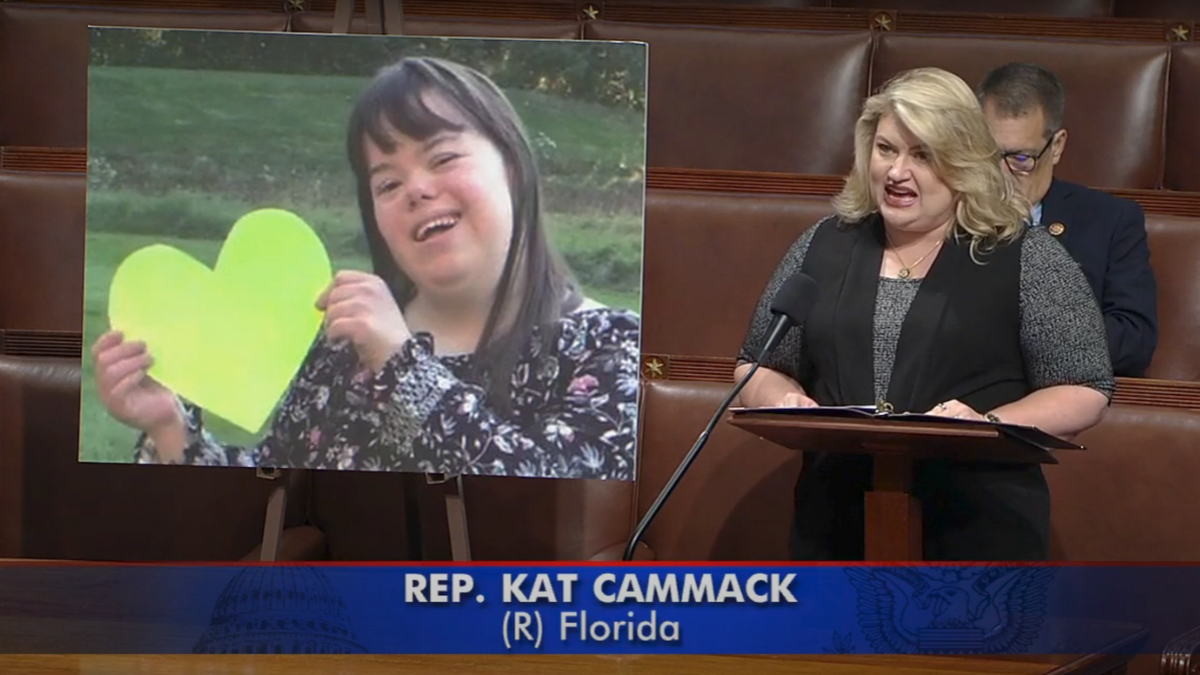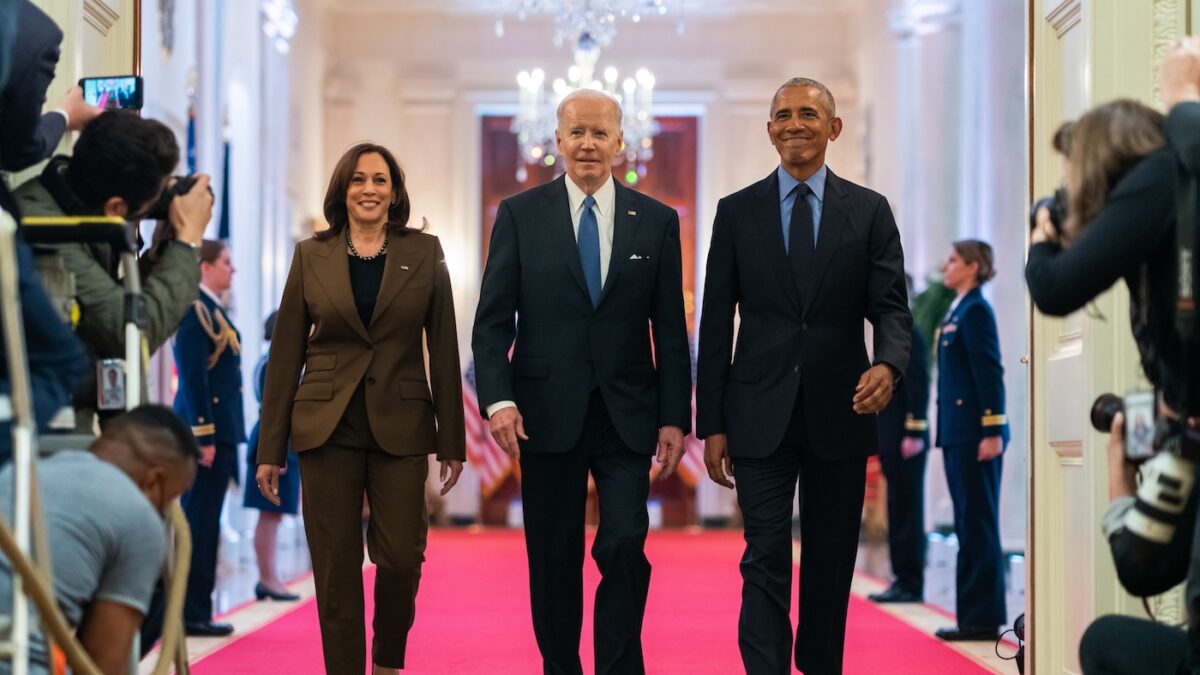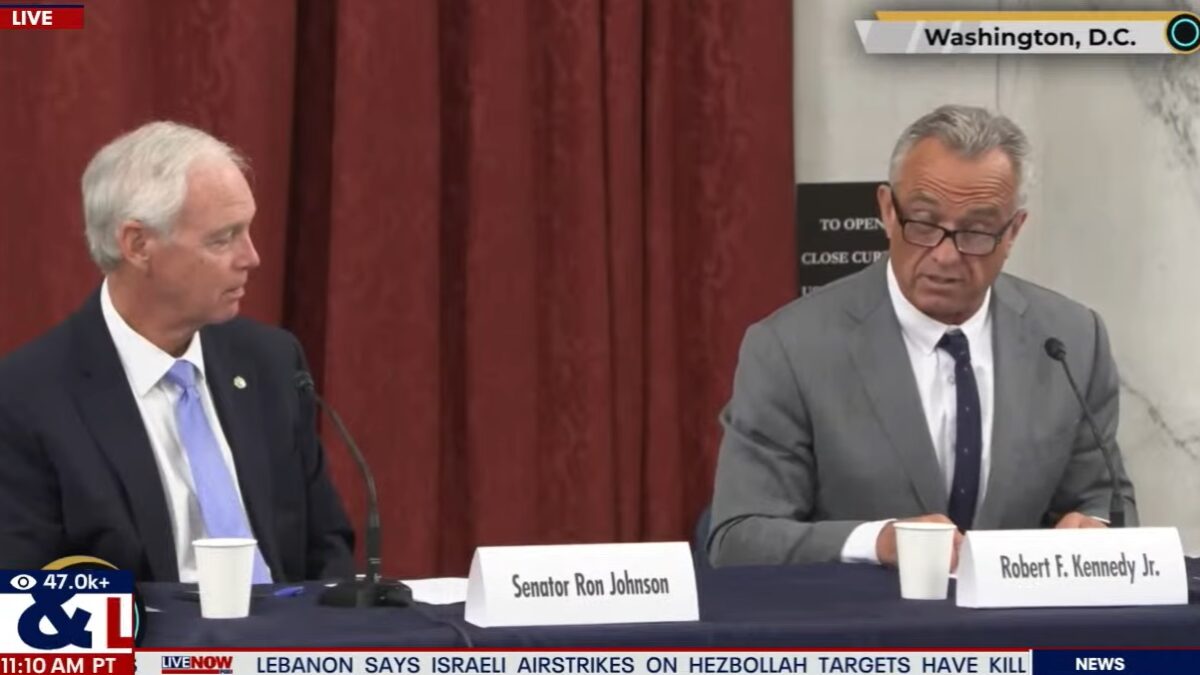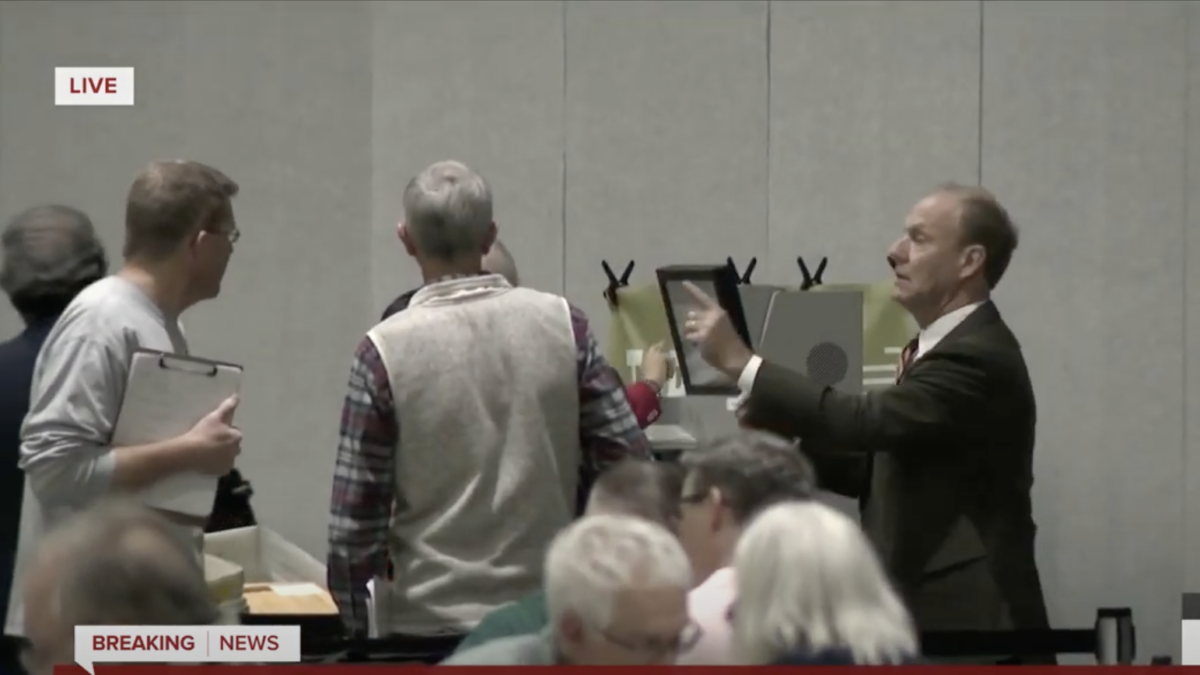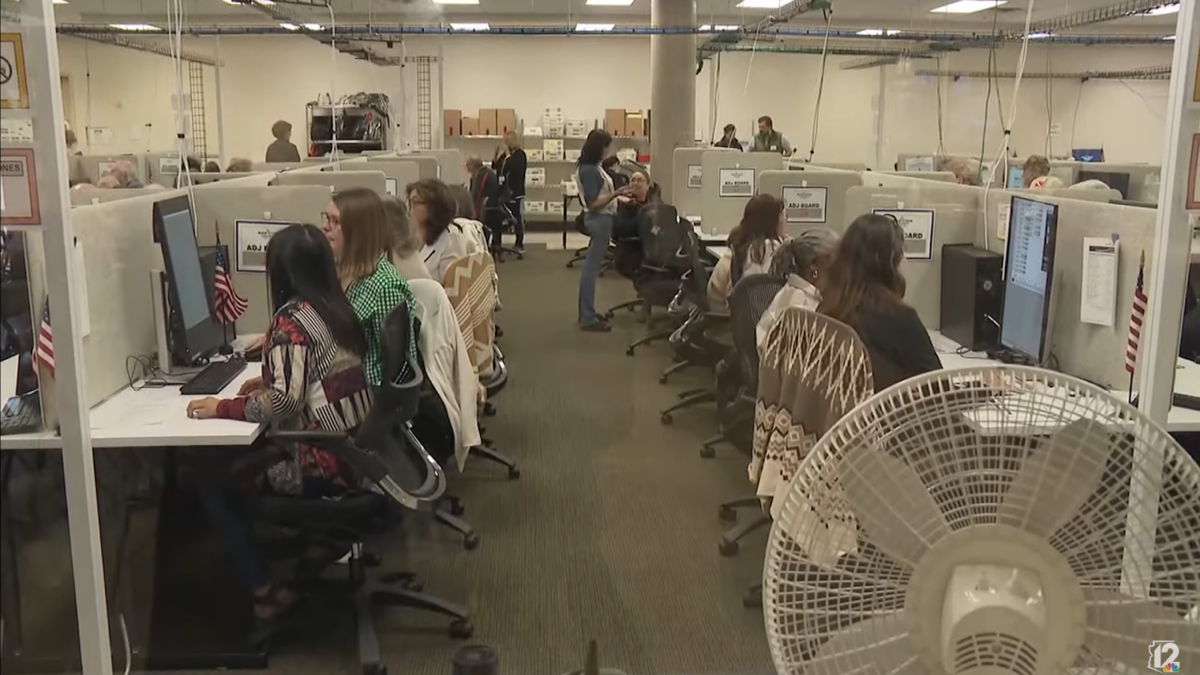
Fox News anchor Chris Wallace interviewed House Minority Leader Nancy Pelosi (video and transcript) on July 30, asking her whether she would compromise to get continued funding for CSRs: cost sharing reduction payments.
Wallace explained CSRs as “payments to insurance companies that lower the out-of-pocket costs to things like deductibles and co-pays for lower income people who are on the exchanges.”
Leader Pelosi immediately added: “And middle income, and middle income.” Apparently, she doesn’t want us to think that the CSRs are going only to poor folks, which seems rather odd. But here’s what’s interesting:
WALLACE: Let me just say, President Trump tweeted this yesterday: If a new healthcare bill is not approved quickly, bailouts for insurance companies, he’s talking about the CSRs, and bailouts for members of Congress will end very soon.
Here’s my question, Leader Pelosi—to keep those CSR payments, what are you as Democrats willing to give to get a real compromise?
PELOSI: Let’s go— let’s back up on it. The Affordable Care Act is a market-oriented proposal, doing the cost-sharing, the reductions, a way to have it be in the free market, in the marketplace as opposed to having everyone say—have many more people on Medicaid or something. So, you—there’s governors of states had said, give me the money. I’ll buy insurance for these people.
So, this is not bailing out insurance companies. This is about having stability in the private sector in order to provide healthcare.
WALLACE: With a huge government subsidy.
That Word Doesn’t Mean What You Think It Means
Leader Pelosi seems to have rather odd understandings of certain terms, such as “bailouts,” “free market,” and “private sector.” If an industry needs government subsidies to help its customers buy their product, and government payments to cover the customers’ part (CSRs for deductibles and copays), and government bailouts to the industry because they can’t turn a profit (“risk corridors”), then in what sense are we talking about the “private sector”? In what sense are the Obamacare exchanges the “free market” if people are commanded (by the individual mandate) to buy their product? And how are the CSRs and the risk corridor payments not bailouts?
If it weren’t such a cliché, I’d say that Pelosi’s ideas about what is “free” and “private” are Orwellian, but I’ll not do that. Sadly, the irony of Wallace’s last delicious rejoinder seemed wasted on the dear Leader. Pelosi defends the ACA because it’s her baby. Indeed, when the ACA was being drawn up in 2009, the media christened the bill “PelosiCare.”
One of the worst things the ACA did was to intervene in the free market. But the health insurance market has not been truly free since 1945, when Congress passed the McCarran-Ferguson Act. That act is why America does not have a national market in health insurance, as it effectively outlawed selling health insurance across state lines, putting the quietus on free-market competition.
If Pelosi had been concerned about having a free market for health insurance, her ACA would have repealed McCarran. But that was not to be because the real aim of the ACA was a power grab: taking over the health insurance industry, which is nearing one-fifth of the U.S. economy.
Before the ACA, Democrats would regularly rail against private sector health insurance companies. Dems would get red in the face castigating the “evil” insurers for how they treated policyholders. But now that those enterprises have been “brought to heel” (spayed and taken to obedience school), Democrats tell us that the worst thing in the world is not having private health insurance coverage. Coverage is the thing; all God’s children gotta have coverage.
What If The ACA Had Been A More Modest Reform?
But if they were truly concerned about covering more Americans, the Democrats had another option. Rather than creating a new entitlement with the ACA’s subsidy program, and taking over the health insurance industry by turning it into a public utility “or something,” Pelosi & Co. could have merely expanded Medicaid more than they did in the ACA.
The former speaker, however, speaks of “more people on Medicaid or something.” Is there something wrong with Medicaid, Madame Speaker? If so, then why didn’t you throw all the Medicaid enrollees into the individual health insurance market, and put them all on private insurance? Of course, that would have been a mite expensive, but you seem to think Medicaid isn’t much good.
What if the ACA had been a more modest reform? What if the Democrats hadn’t created the subsidy program, and had instead repealed McCarran to foster some real competition in the private insurance market? What if Democrats had put the truly desperate with “pre-existing conditions” into Medicaid?
We certainly wouldn’t be in the fix we’re in today, as most of the ACA’s problems have to do with the exchanges, the “Non-Group” market, with its infernal subsidy program. Also, these simple reforms could have gone into effect years earlier. Such a reform would also have gotten some GOP buy-in. Indeed, I’d imagine there would have been overwhelming GOP support for it. Such a simple reform would have gone far to make the private sector insurance market truly private.
But no, the Dems wanted a takeover, and that they got. Besides the health insurance industry, what else in the private sector do Democrats want to take over?
Republicans Aren’t Offering A Good Alternative
The solution to the problem of healthcare back in 2009 was the two minor tweaks just described. Creating more competition in the Non-Group market, and segregating out the sickest poor people would have done wonders to counter the escalating prices we had seen. But instead, the Dems didn’t touch McCarran and put the sickest Americans into the smallest cohort, the Non-Group market, which at the time comprised but 4 percent of the population.
Republicans have a unique opportunity to actually rollback a federal entitlement. That’s because the entitlement is new, isn’t working, and isn’t affordable. And it’s also because the entitlement is a fascistic intervention into the private sector. But what do we hear from GOP congressmen but a desire to prop it up; they actually want to retain the subsidy program, the worst part of the ACA. The lack of grit and guts that we’re seeing from Republicans in Congress is very disappointing.
We’re still in this mess because of government: the tortured reading of the ACA’s individual mandate by the Supreme Court. America may well stay in this mess because of government: the Senate’s refusal to do what’s necessary by ending its filibuster rule for legislation. Were the Senate to end the legislative filibuster, they should repeal the ACA in its entirety, repeal the relevant parts of McCarran-Ferguson, and put needy patients with pre-existing conditions into Medicaid.
Of course, much else needs to be done to fix our healthcare system, like tort reform and ferreting out fraud and ending pointless regulations. But the repeal bill just outlined might be the most that Americans can hope for in 2017.



